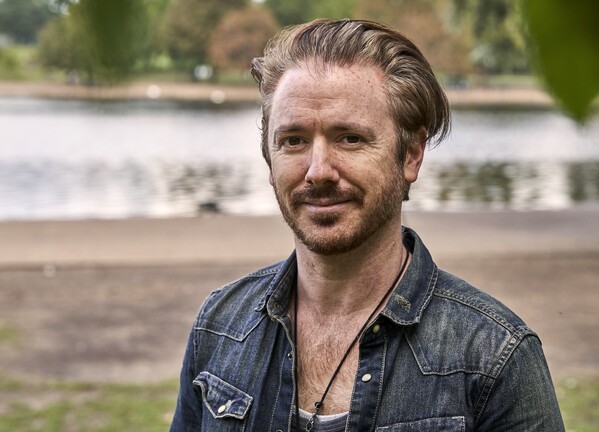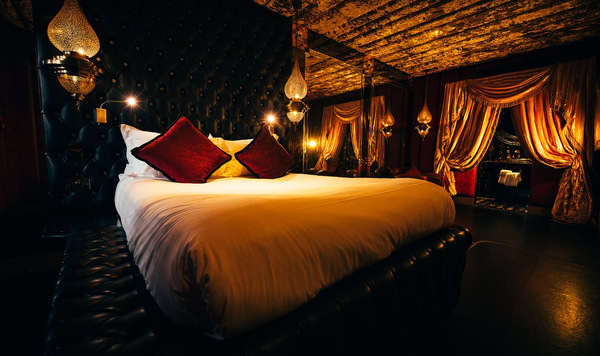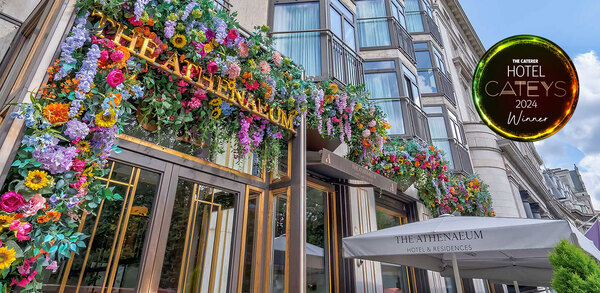Viewpoint: Why small goals matter when going green
Today’s travellers want a hotel with strong sustainability credentials, in anything from biomass boilers to buying locally, says Giles Fuchs
In the realm of hospitality, where luxury and indulgence often take centre stage, there exists an unspoken promise between travellers and the establishments they visit. This now extends beyond accommodation and service, and is based on a shared responsibility for the planet we all call home.
According to a 2023 Booking.com survey, 76% of travellers now want to travel more sustainably when booking their next adventure, and this means hoteliers must step up their environmental efforts if they want to maintain occupancy and keep profits in the green.
As the hospitality industry adapts to an ever-changing world, embracing sustainability has become an imperative. Not only to appease eco-conscious patrons, but also the lawmakers overseeing the UK’s aim to reach net-zero carbon emissions by 2050. With hotel operations responsible for a staggering 1% of global carbon emissions, there is an urgent need to re-evaluate our environmental impact and commit to sustainable practices. It’s a big ask, but, thankfully, we have an abundance of experience dealing with the most demanding of guests to call upon.
Small changes can make a world of difference. This can include using timers to limit light pollution and using a polytunnel to grow herbs on-site, or replacing bathroom miniatures with full-sized amenities to reduce plastic, as InterContinental Hotels Group has committed to. When the goal is zero, any reduction is worth pursuing.
As hotels take steps towards sustainability, being resourceful is key. One approach involves sourcing restaurant ingredients locally. At Burgh Island, our head chef, Craig Davies, and on-site gardener, Apple Taylor, ensure 80% of ingredients are sourced within a 30-mile radius of the island.
Prioritising the planet may not always be convenient, which is why it’s so important that staff share a commitment to eco-friendly practices. Their passion and knowledge are essential. A hotel’s team possesses a unique ability to educate guests on sustainable choices, be it through endorsing public transportation or sharing the restaurant’s eco-conscious practices.
That doesn’t mean making your entire workforce redundant and hiring only those with the greenest credentials. At Burgh Island, we’ve invested in training all our staff in energy awareness and embedded sustainability into our daily operations. We’ve found that when employees understand why eco-conscious practices are important, they’re typically willing to put in the work.
Setting a high bar in your own hotel is only the first step. Hotels should look to contribute to global sustainability goals that go beyond their property boundary.
We rely heavily on the natural world and welcoming communities that surround us and must do our part to protect them. A city hotel may opt to plant a tree for each new guest, creating a green legacy. Similarly, a coastal hotel can champion initiatives that encourage guests to take part in beach clean-ups, or commit to using locally grown produce to boost the region’s economy.
Hotels that prioritise green investments will undoubtedly reap the rewards, both economically and environmentally. The majority of travellers now seek sustainable tourism and they don’t just want an eco-friendly place to sleep. They want to explore unspoiled landscapes and experience local customs that have been passed down through generations.
Being eco-friendly doesn’t mean doing away with modern amenities. From renewable energy sources, such as Heckfield Place’s biomass boiler, which burns sustainable wood pellets to heat the hotel, to smart technologies that manage lighting and air-conditioning based on room occupancy, there are plenty of ways for hotels to adapt. Sustainable initiatives like these offer a way to help our planet without turning away our guests.
Giles Fuchs is the owner of Burgh Island hotel, Bigbury-on-Sea, Devon




















